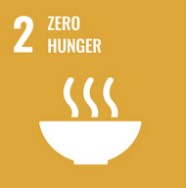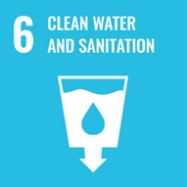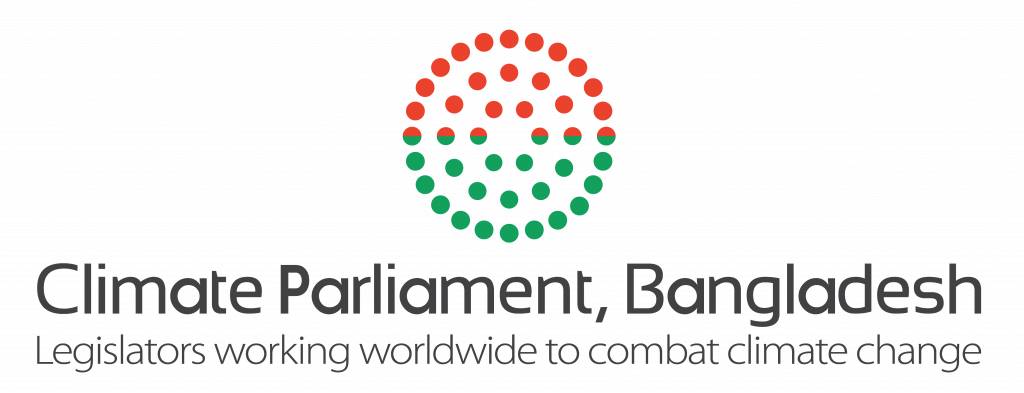
TOWARDS A RESILIENT SOUTH ASIA


The Regional Climate Summit 2023, held from September 8th to September 10th at the Sheraton Dhaka, marked a significant milestone in the ongoing battle against climate change and the pursuit of sustainable development in the South Asian region organized by Climate Parliament Bangladesh, The Earth – Secretariat, Climate Parliament Bangladesh, Observer Research Foundation (ORF). With over 90 speakers, 4 thematic segments, 18 sessions, and the participation of 450+ stakeholders, the summit proved to be a catalyst for positive change.
The Regional Climate Summit 2023 featured prominent figures, including Dr. Shirin Sharmin Chaudhury, MP, Honorable Speaker of the Bangladesh Parliament, emphasizing the government’s commitment to climate action. Md Tazul Islam, MP, Honorable Minister of Local Government, highlighted local governance’s role in climate change mitigation, while M. A. Mannan, MP, Minister of Planning, stressed climate integration in development. Saber Hossain Chowdhury, MP, Chief Patron of Climate Parliament Bangladesh, called for comprehensive climate action. Mayor Md Atiqul Islam focused on urban climate challenges. Waseqa Ayesha Khan, MP, Chair of the Parliamentary Standing Committee on Power and Energy, highlighted energy’s role. International delegates like Dr. Qazi Kholiquzzaman Ahmad, Chairman of PKSF, emphasized global perspectives. These leaders collectively advanced the summit’s goals of combating climate change and promoting sustainability. Additionally, MPs from other countries also made significant contributions to the summit’s discussions.
One of the summit’s primary objectives was to bring together a diverse array of participants, including policymakers, scientists, experts, and relevant stakeholders. This convergence of minds created a dynamic environment for discussions, idea exchange, and collaboration. By fostering such interactions, the summit paved the way for a more comprehensive understanding of the challenges posed by climate change and the paths to sustainable development. One of the standout achievements of the summit was its focus on renewable energy. South Asia, with its vast and diverse landscape, has incredible potential for renewable energy sources such as solar, wind, and hydroelectric power. Through thoughtful deliberations, the summit identified both challenges and opportunities for the adoption of renewable energy. This recognition will undoubtedly accelerate the transition towards a cleaner and more sustainable energy future in the region.
Another critical issue addressed was plastic waste. Plastic pollution is a global concern with far-reaching environmental consequences. The summit committed to identifying practical ways to reduce plastic waste and promote sustainable alternatives. This initiative holds the promise of a significant reduction in plastic pollution, preserving ecosystems and improving the overall quality of life. Waste and water management were also at the forefront of discussions. Climate change impacts water availability and quality, necessitating innovative strategies. The summit played a crucial role in developing water and waste management strategies and policies tailored to the unique challenges faced by South Asia. These measures are essential for building resilience against climate change.
Air pollution, a pressing issue in South Asia, received much-needed attention. Clean air initiatives can have a direct impact on public health and mitigate the effects of climate change. The summit explored strategies to reduce air pollution and promote clean air initiatives, offering a breath of fresh air for the region’s residents. As the summit concluded, it left behind a legacy of collaboration and partnership. The creation of a network among policymakers, scientists, experts, and stakeholders fosters ongoing efforts to promote sustainable development in South Asia. These partnerships will ensure the continuity of initiatives and actions inspired by the summit.
In conclusion, the Regional Climate Summit 2023 has been a resounding success, offering hope and actionable solutions in the face of climate change. By identifying challenges and opportunities in renewable energy adoption, plastic waste reduction, water and waste management, and air pollution control, the summit has set the stage for transformative change in South Asia. Its most significant achievement, however, lies in fostering partnerships and collaborations, reinforcing the region’s commitment to a more sustainable and resilient future. The benefits and outcomes of this summit will ripple through South Asia, leaving a lasting impact for generations to come.

